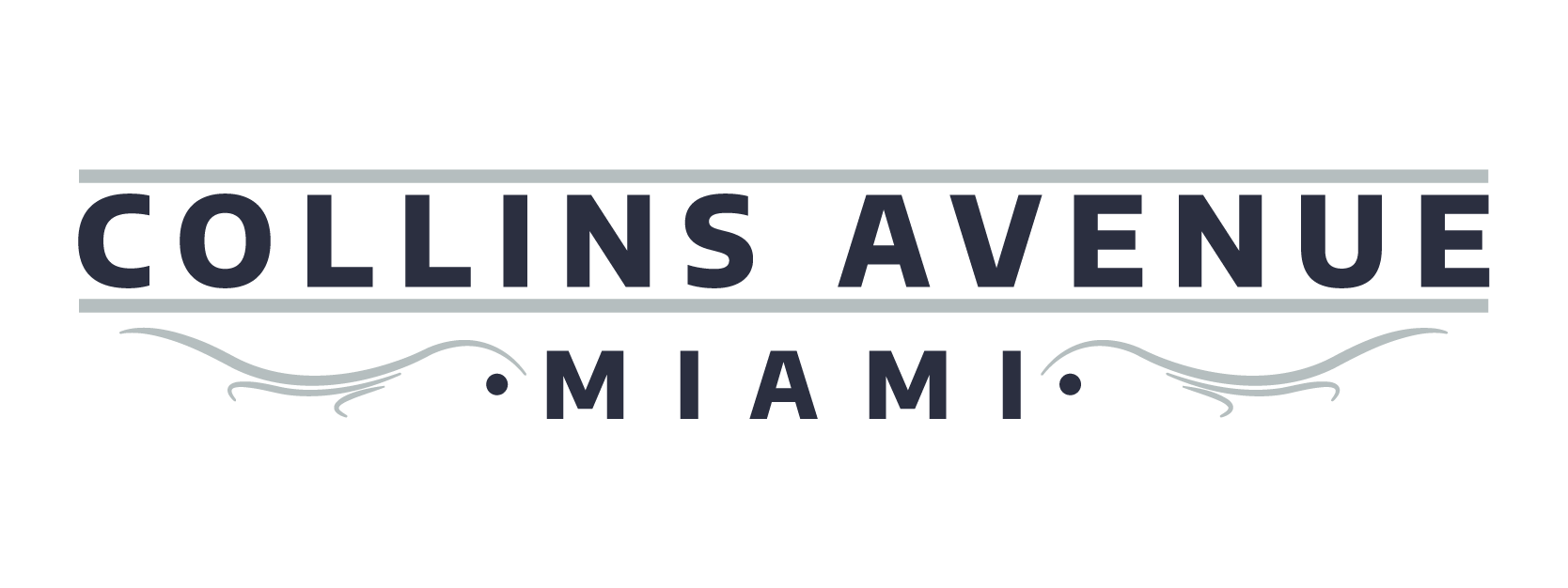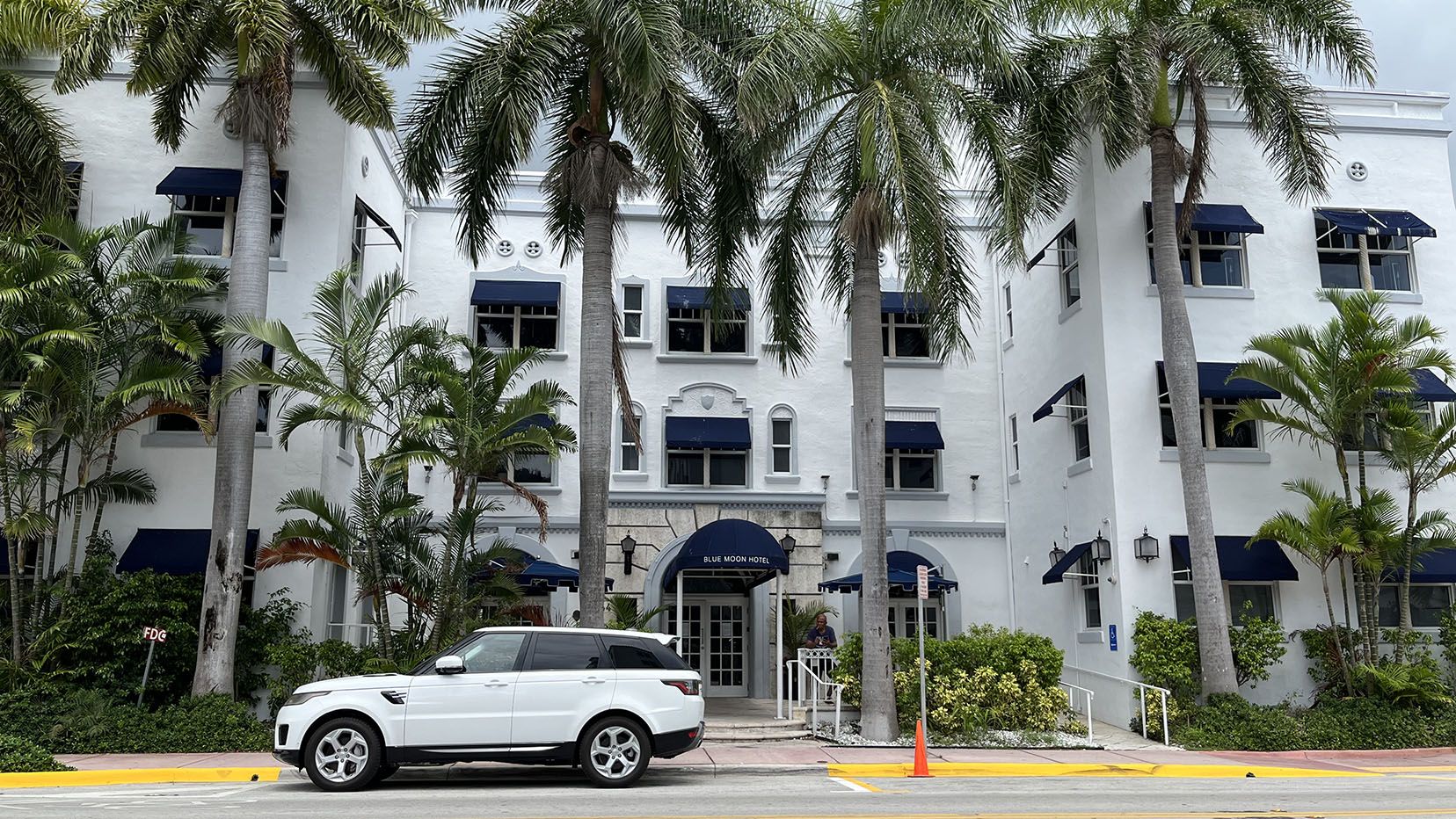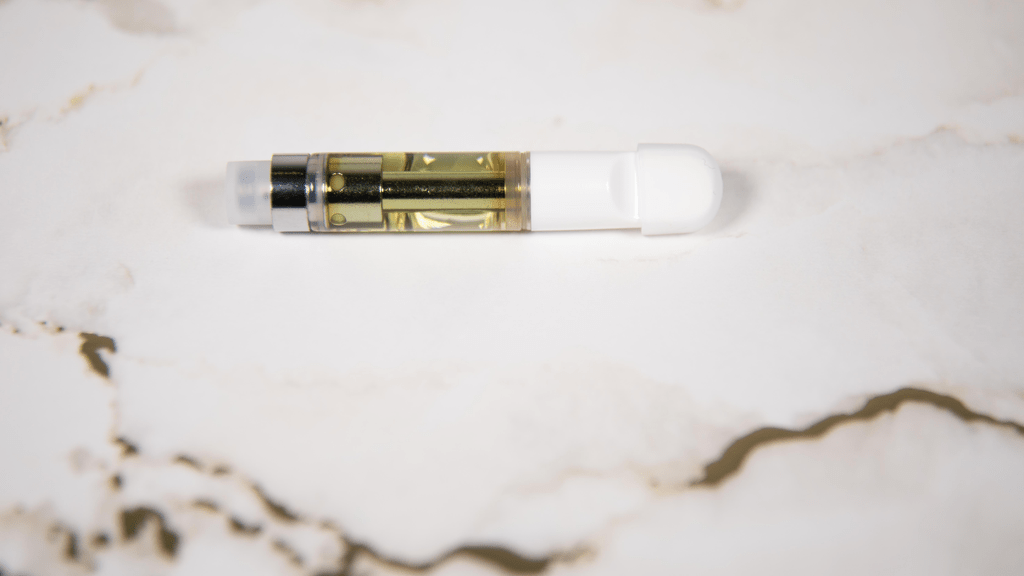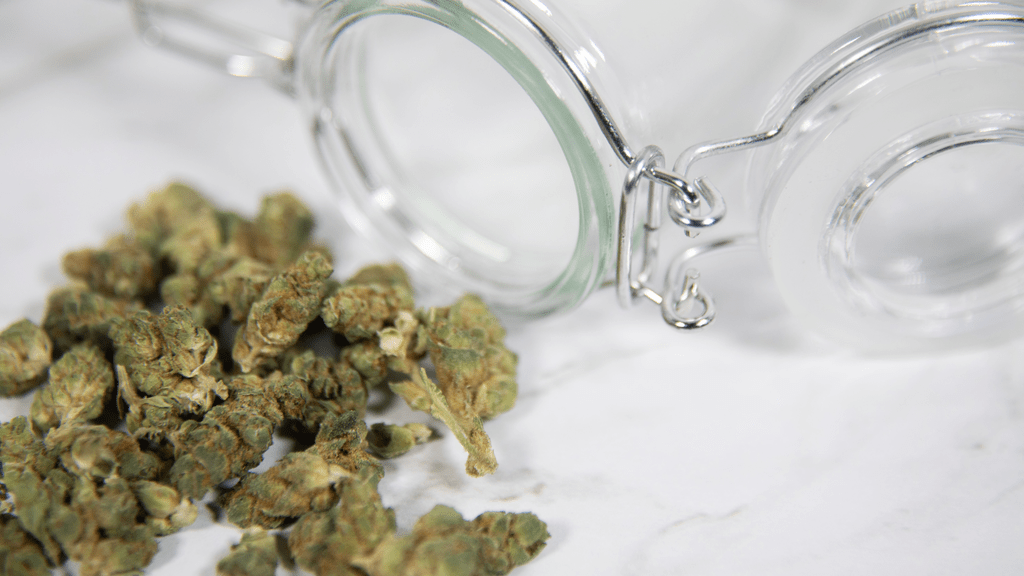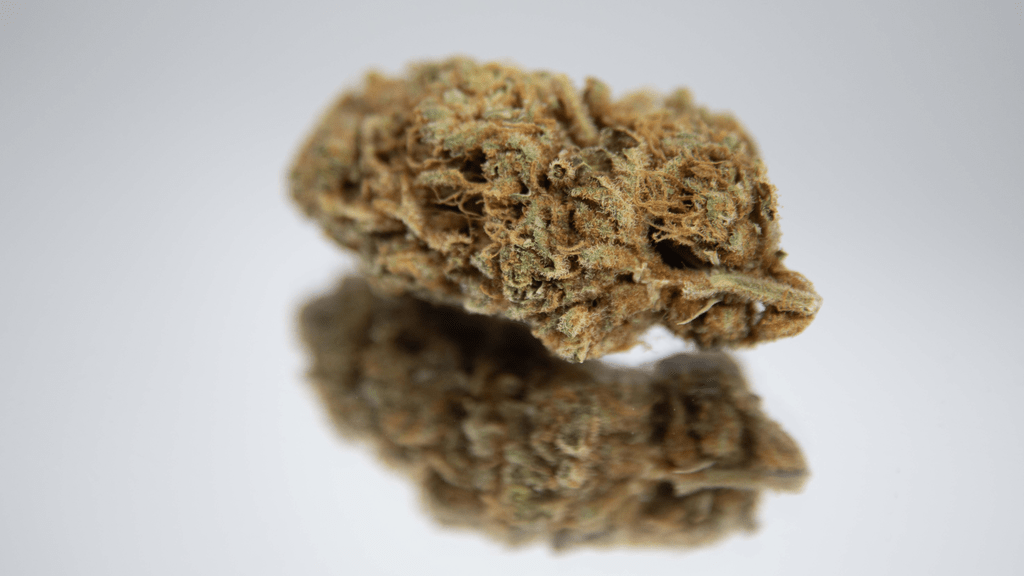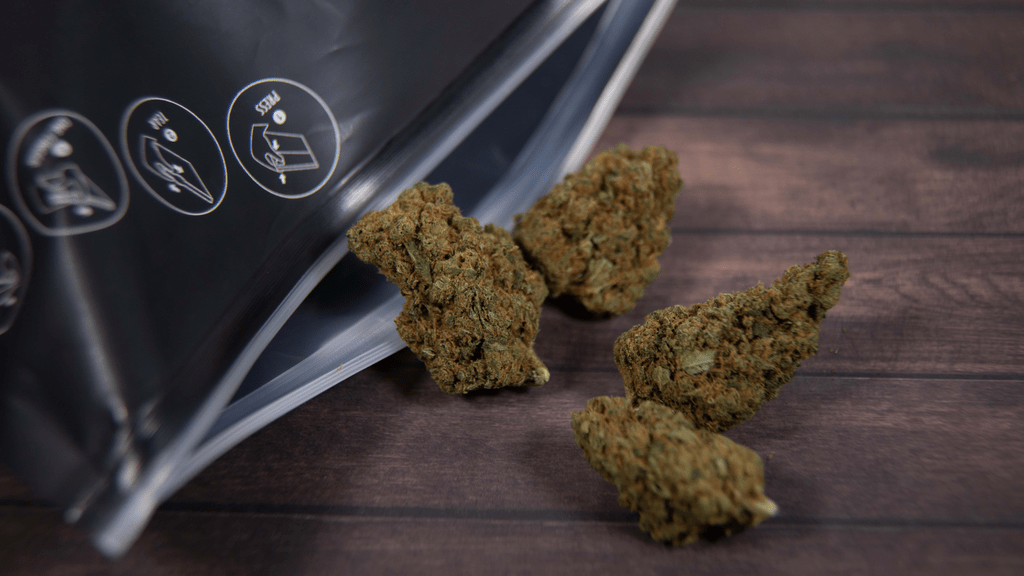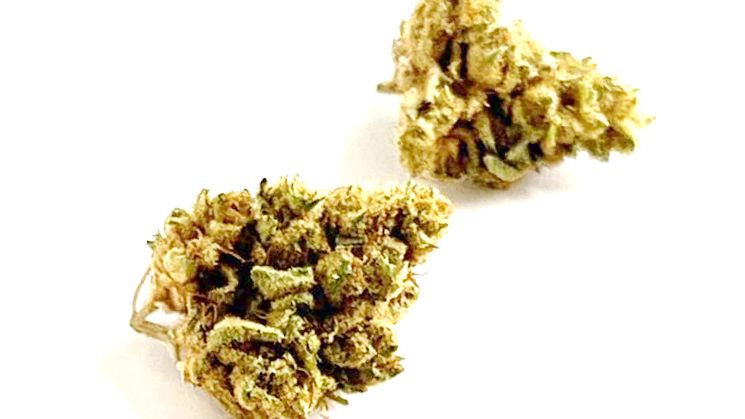For many veterans, the transition back to civilian life can be challenging, especially for those who suffer from Post-Traumatic Stress Disorder (PTSD). Traditional treatments often include a combination of therapy and pharmaceuticals, but for some veterans, these methods are insufficient or come with undesirable side effects. Increasingly, veterans are turning to cannabis as an alternative or supplementary treatment to manage PTSD symptoms, finding relief in ways that traditional drugs often do not provide. Here’s a look at how cannabis may benefit veterans with PTSD, particularly compared to pharmaceuticals, and the current limitations regarding cannabis use in active versus discharged military personnel.
The Effects of PTSD and Current Treatments
PTSD affects an estimated 11-20% of veterans who served in recent conflicts, such as Operation Enduring Freedom (OEF) and Operation Iraqi Freedom (OIF), according to the U.S. Department of Veterans Affairs (VA). PTSD can result in symptoms like flashbacks, severe anxiety, depression, and insomnia, which can deeply impact daily life and relationships. While antidepressants and antipsychotic medications are commonly prescribed for PTSD, many veterans report that these drugs have side effects such as dizziness, nausea, and even an increased risk of suicidal thoughts, making them difficult to tolerate.
Benefits of Cannabis for PTSD
Cannabis has shown promise as a treatment for PTSD due to its interaction with the endocannabinoid system (ECS), which plays a role in regulating mood, memory, and stress. CBD (cannabidiol), a non-psychoactive compound in cannabis, has anti-anxiety and anti-inflammatory properties that can help manage PTSD symptoms without the high associated with THC. THC (tetrahydrocannabinol), in controlled amounts, has also been found to assist in reducing nightmares and anxiety for some patients, offering potential relief for veterans struggling with persistent PTSD symptoms.
A 2021 study published in the Journal of Psychopharmacology indicated that 91% of PTSD patients using cannabis reported reduced symptoms, particularly in terms of sleep and anxiety. Additionally, Veterans Alliance for Medical Marijuana (VAMM) reported that many veterans found cannabis to be more effective than pharmaceutical treatments and with fewer adverse effects, allowing for greater quality of life.
Pharmaceutical Drugs vs. Cannabis
Pharmaceutical drugs like SSRIs (Selective Serotonin Reuptake Inhibitors) are often prescribed to PTSD patients, but these medications can take weeks to become effective and may not address all symptoms. In contrast, many veterans report feeling immediate symptom relief with cannabis, particularly in reducing anxiety, sleep disturbances, and hypervigilance.
Cannabis Use for Active Duty vs. Discharged Veterans
Currently, active-duty military personnel are prohibited from using cannabis, even in states where it is legal. Military regulations classify cannabis as a controlled substance, and any use by active members can result in disciplinary action. However, discharged or retired veterans may legally access cannabis if they reside in a state where it is approved for medical use. The Veterans Health Administration (VHA) does not prescribe cannabis but allows veterans to discuss cannabis use openly with VA doctors without risking benefits.
Staying Positive
For veterans battling PTSD, cannabis may offer a promising alternative to traditional pharmaceuticals, providing symptom relief with fewer side effects. While active-duty service members cannot use cannabis, discharged veterans have increasing access, paving the way for a more holistic approach to managing PTSD. As research progresses, the hope is for more inclusive options that prioritize veterans’ mental health and quality of life.
